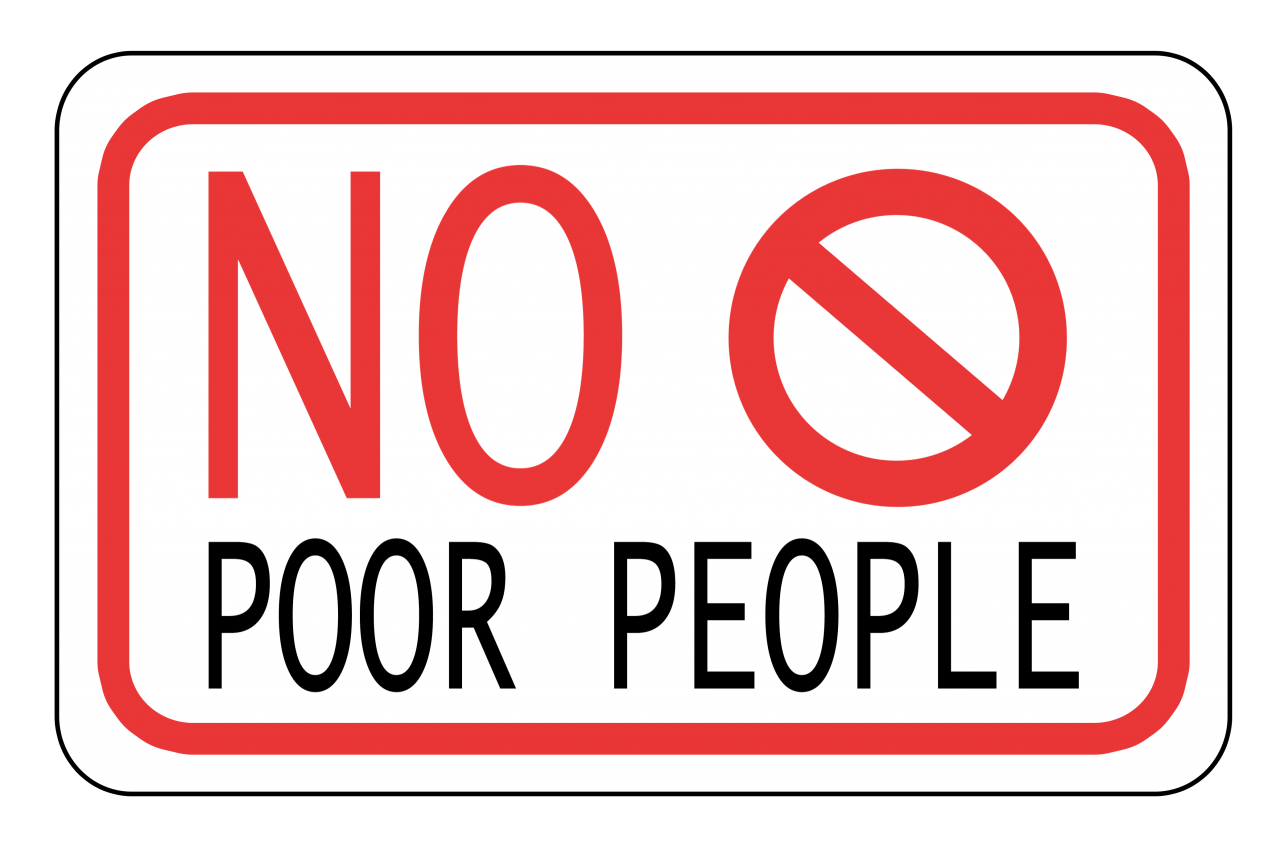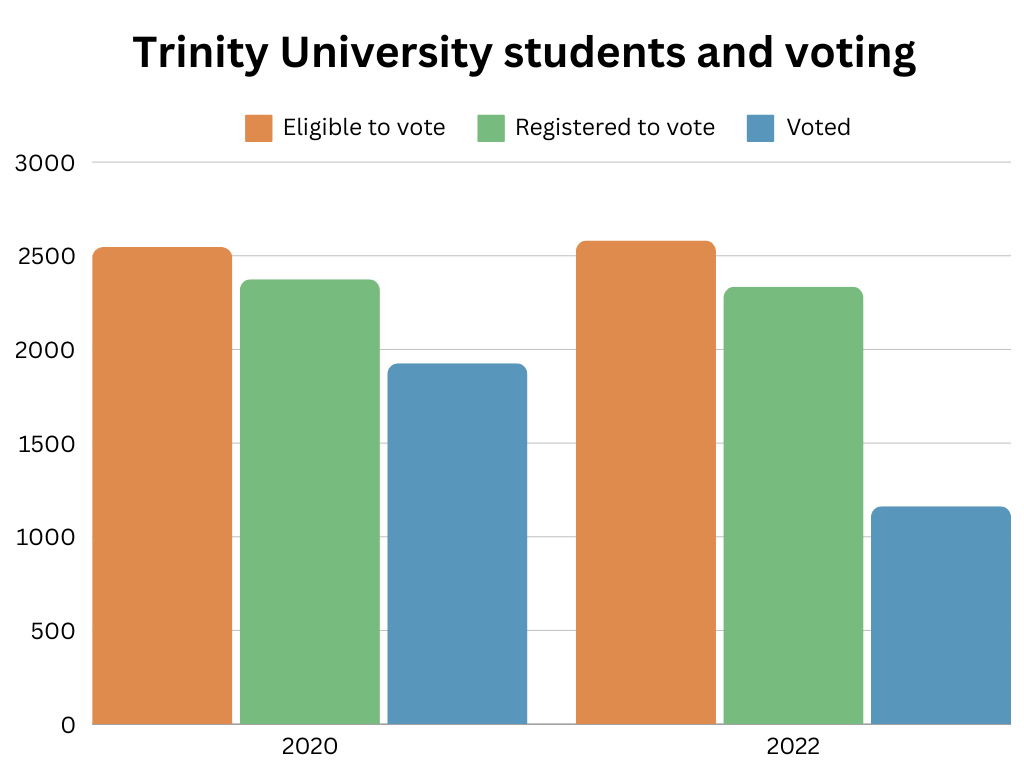Illustration by Andrea Nebhut
A few weeks ago, hundreds of people in New York City filled the subway to protest recent crackdowns on subway fare evasion. Videos of crowds hopping over turnstiles in protest of the policies went viral, depicting a boiling point of class tensions in the city. Many media outlets (such as Fox News and the Washington Examiner) described the protesters simply as a “swarm” that is “anti-cop.” However, these loaded descriptions of the situation ignore the broader issue and misrepresent the protesters’ movement.
These protests are the result of a steadily increasing violence against the impoverished in New York City, often captured on video as police tackle or draw guns on people who evaded a $2.75 fare. Such fare evasion arrests disproportionately target people of color. The recent crackdowns also included deploying 500 transit officers to the subway to prevent fare evasion, and even announcements over the subway intercoms discourage riders from giving money to those who are panhandling. With all of these resources poured into making sure people pay, one must ask: are these policies really about saving the city money, or is this a concerted effort to police and punish the poor?
Many may argue that the police are simply trying to uphold the law. The law says that people should pay $2.75 to ride on the subway, so the police make sure this happens. But we should neither pretend that laws are always just, nor claim that everyone upholds the law consistently. Ethan Couch, a sixteen-year-old who killed four people in 2013 while drunk behind the wheel, received no jail time for his crime after a psychologist described his “affluenza.” Couch’s lawyers argued that his privileged life had led him to believe there were no consequences for his actions. It is interesting that when a wealthy teen broke the law, the judicial system suddenly became aware of the structural issues that caused the crime. We tend to only care about objectively enforcing the law when it’s broken by the impoverished, allowing them access to something we had to pay for. In enforcing these double standards, we unequally criminalize the most disadvantaged.
Violent displays of power over fare evaders goes far beyond making sure everyone pays. They are an obvious example of how we ensure that only those who already have financial resources can access further resources. In a city where public transportation is crucial to being able to get from one place to another, prohibiting those are unable to pay $2.75 for riding the subway only reinforces their impoverished status and prevents any upward mobility in this myth of the meritocracy. How is someone supposed to get themselves to a job interview or school if they can’t even ride on a public subway? When the police so visibly perpetuate these endless cycles of disadvantage and poverty, it makes sense that protesters are rightfully enraged at the relentless policing of their status. It becomes much less about upholding a law, and more about ensuring people stay in their predetermined socioeconomic position.
When videos of crowds hopping turnstiles and shouting against the police catch the attention of those with privilege, they clutch their pearls and gasp at the unthinkable anarchism happening before them. This end result appears to them to be a violent reactionary mob, when in reality it’s only the most recent response to an increasingly violent police state. To label the protesters anti-cop is to ignore the dominant forces which are anti-poor and which are intent on keeping the poor in their place.
If we want to begin to fix this problem, calling for the decriminalization of fare evasion isn’t enough. These policies typically give offenders a few months to pay a fare evasion fine, which is only a cleaner and quieter way of reinforcing cyclical poverty. Public transportation should always be free, especially in cities that rely on it the most. Instead, fares in New York City have only gotten more expensive over the years, even beyond the expected amount due to inflation. Policing poverty keeps the machine of capitalism running, and the only way to begin to disassemble this machine is if we start supporting the disadvantaged with long-term structural reform.






